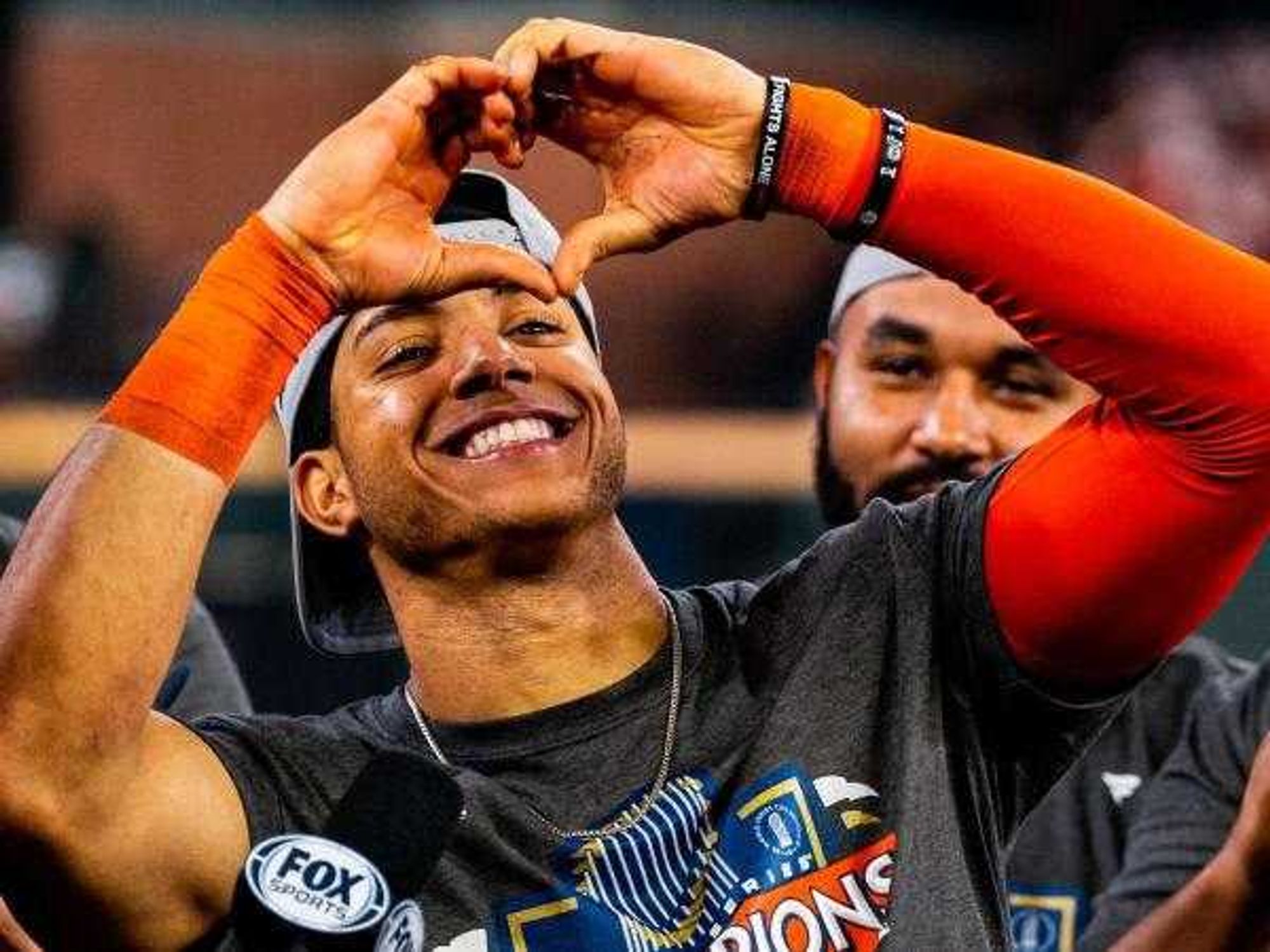A New Look At Football Stats
Rice University researchers could revolutionize Twitter — thanks to an assistfrom Tony Romo's latest choke
 Illustration by Norebbo.com
Illustration by Norebbo.com Lin Zhong is one of the co-founders of the program.Photo by Jeff Fitlow/Rice University
Lin Zhong is one of the co-founders of the program.Photo by Jeff Fitlow/Rice University
Rice University and professional football don't normally go hand in hand (this isn't the University of Miami). Add technology to the equation, though, and you've got quite a match.
Over the past year, Lin Zhong, an associate professor of electrical and computer engineering at Rice, and graduate student Siqi Zhao have worked with the Betaworks group at the Motorola Mobility Applied Research Center to monitor, track and analyze Twitter feed during NFL football games.
The resulting algorithm allowed the researchers to create SportSense, a program that intuits excitement levels around NFL games based on the frequency and the subject matter of the tweets about them. It knows what's happening in the game at all time without turning on a television.
"The program can usually tell within 20 seconds when a big play like a touchdown occurs," Zhong tells CultureMap. "Often, we see that even before it appears on the scrolling banners on ESPN and other sites."
Zhong feels the implications of this program goes beyond just showing what games have grabbed America's attention (the Dallas Cowboys' collapse against the Detroit Lions was by far the No. 1 tweeted about game last weekend).
"I think that will be useful to advertisers," Zhong says. "When the audience is very excited about what they're seeing, then that means they are generally more engaged, more interested. That time slot will be more expensive.
"If the audience is not so interested, the figures show that. The audience's measure of attention should rank commercial pricing."
SportSensor relies on people as "human sensors" to generate output. And with 100 million active Twitter users and counting, there are plenty of sensors to rely upon for different uses as well.
"Anything with a sufficiently large audience has a similar potential," Zhong wrote in a statement. "Things that are televised, like reality shows and political debates, are certainly possibilities. . . We're also interested in sensing things on a local scale. For example, when a storm hits and the power goes out in my neighborhood."
Or, you know, when Beyoncé comes to the University of Houston. Or when Raiders owner Al Davis dies the day before his team is set to play the Texans in Houston.
"People tweet about those types of events," Zhong says, "so the signal is there in the data; it's just a matter of finding it."
